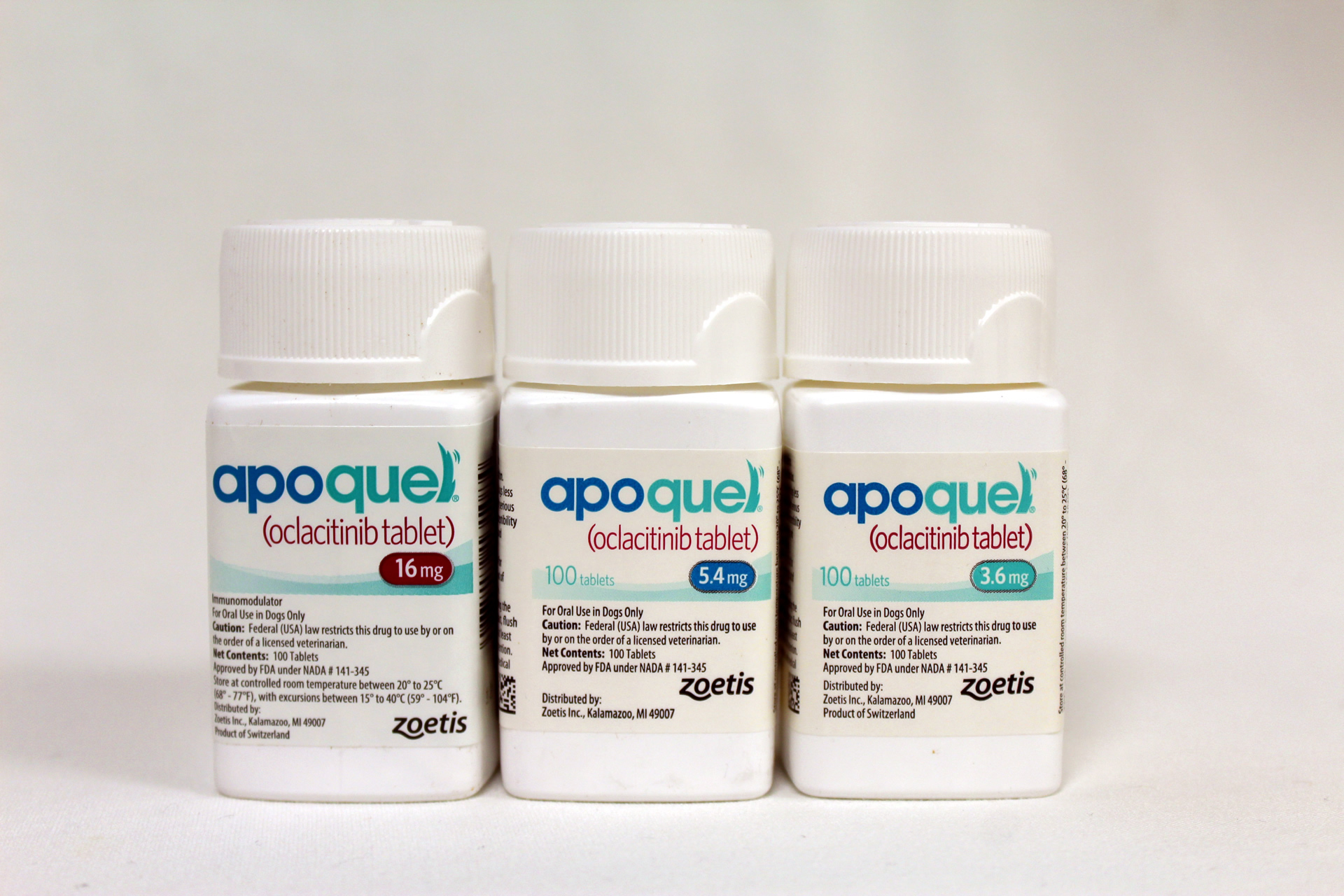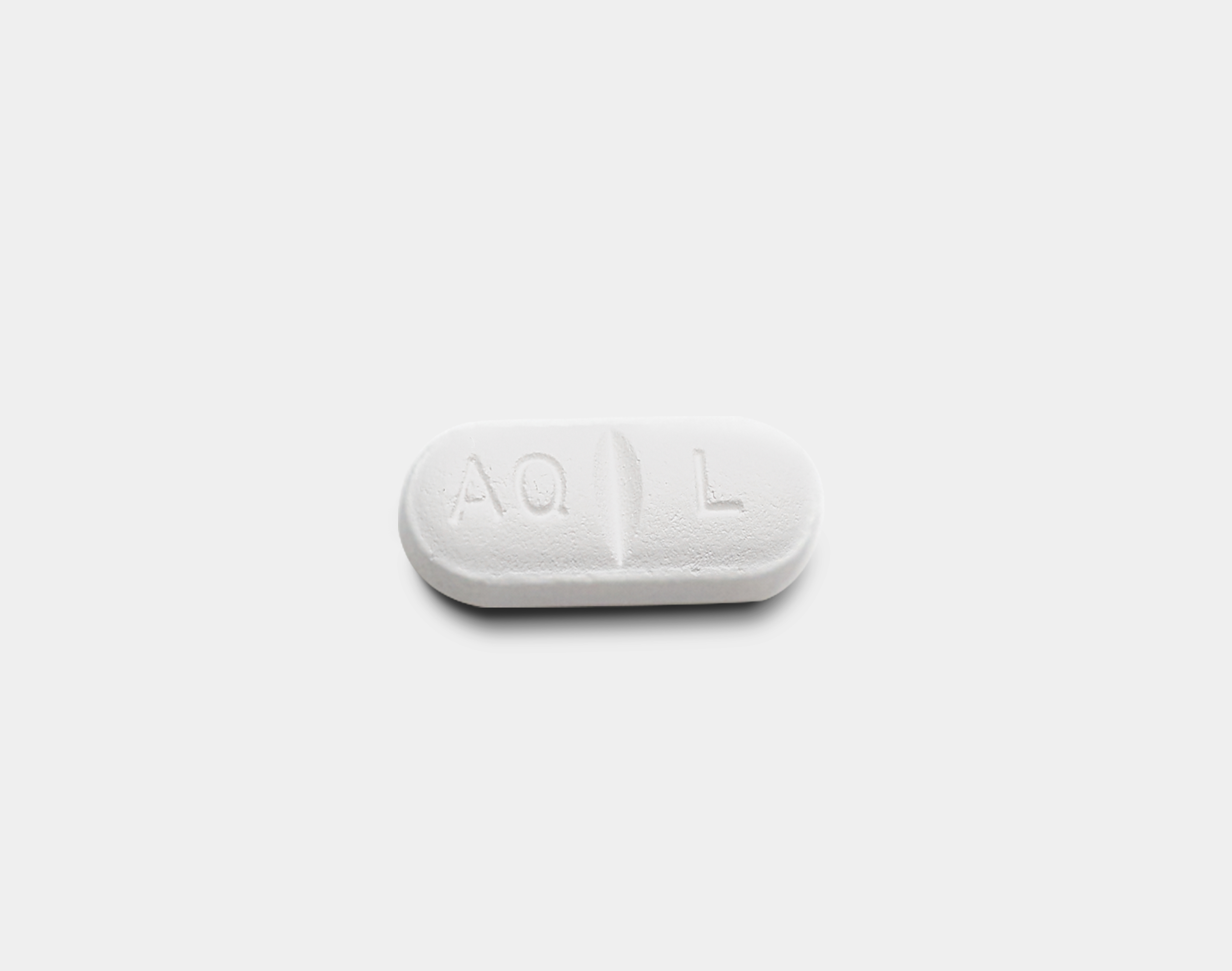Let’s face it, dog lovers. The debate about whether dogs are basically "furry humans" has been raging for years. But when we throw Apoquel into the mix, things get even more interesting. Are we treating our dogs like humans when it comes to medication? Is Apoquel really the answer to our pup’s health issues? Stick around, because we’re diving deep into this topic, and trust me, you won’t want to miss it!
Picture this: you’re sitting on the couch with your furry best friend, and they start scratching like there’s no tomorrow. You panic, of course, because that’s what dog parents do. But then someone mentions Apoquel, this magical pill that supposedly stops all the itching and scratching. Wait a minute—does that mean we’re treating our dogs like humans? Let’s unpack that, shall we?
This isn’t just a casual conversation. It’s a big deal. Whether you’re a first-time dog owner or a seasoned pro, understanding the nuances of the "dog is human" debate and how it ties into treatments like Apoquel is crucial. We’ll break it down step by step, so you can make an informed decision for your pup. Ready? Let’s go!
Read also:Griffin Cleverly The Rising Star Whorsquos Making Waves In The Entertainment World
What Exactly is the "Dog Is Human" Theory?
Alright, let’s get real here. The "dog is human" theory isn’t some new-age philosophy—it’s a concept that’s been floating around for ages. Basically, it suggests that dogs share many similarities with humans, from emotions to physical responses. And yeah, that includes how they react to certain medications. But before we jump into Apoquel, let’s talk about the science behind it.
Studies have shown that dogs experience emotions like happiness, sadness, and even anxiety, much like humans. They also have similar physiological responses to stress and pain. This has led many pet owners to treat their dogs with human-like care, including medication. But is that always a good thing? We’ll explore that later, but for now, let’s focus on the basics.
Key Points About the Theory
- Dogs and humans share similar emotional and physiological responses.
- Many pet owners believe treating dogs like humans can lead to better care.
- However, there are risks involved in applying human treatments to dogs.
So, is your dog really just a furry version of you? Maybe. But before you start giving them your own meds, let’s talk about Apoquel and why it’s such a big deal in the pet world.
Introducing Apoquel: The Game-Changer for Itchy Dogs
Apoquel, short for "Apocockel" (okay, I made that up), is a medication designed specifically for dogs. It’s a game-changer for pet owners dealing with allergic dermatitis and itching. But here’s the kicker: it’s not exactly like human medication. Apoquel targets specific enzymes in a dog’s body to reduce inflammation and itching, making it a safer option than some human drugs.
Let’s break it down: Apoquel works by inhibiting enzymes that cause itching and inflammation. It’s fast-acting, which means your pup can get relief within hours. But does that mean we’re treating dogs like humans? Not exactly. Apoquel is formulated specifically for canine physiology, which is why it’s considered safer than human meds.
Why Apoquel is Different
- Apoquel is designed specifically for dogs, not humans.
- It targets enzymes unique to canine physiology.
- It provides fast relief without the risks associated with human medications.
Now, let’s dive deeper into the science behind Apoquel and why it’s become such a popular choice among pet owners.
Read also:Greg Gutfelds Wife A Closer Look At The Woman Behind The Conservative Comedian
The Science Behind Apoquel: How It Works
Okay, let’s get nerdy for a second. Apoquel works by inhibiting Janus kinase (JAK) enzymes, which play a key role in the inflammatory response. By blocking these enzymes, Apoquel reduces itching and inflammation in dogs. But here’s the thing: human medications often target different enzymes, which is why they can be dangerous for dogs.
Think of it like this: if your dog’s immune system is a orchestra, Apoquel is the conductor. It helps keep everything in harmony, so your pup doesn’t end up scratching themselves raw. And yeah, that’s a pretty big deal for dog owners who’ve dealt with chronic itching.
Key Benefits of Apoquel
- Fast-acting relief for itching and inflammation.
- Specifically formulated for canine physiology.
- Proven to be effective in managing allergic dermatitis.
But here’s the question on everyone’s mind: is Apoquel safe? Let’s tackle that next.
Is Apoquel Safe for Your Dog?
Here’s the deal: Apoquel is generally considered safe for dogs when used as directed. But like any medication, there are risks involved. Side effects can include vomiting, diarrhea, and even more serious issues like liver damage in rare cases. That’s why it’s crucial to work closely with your vet before starting your dog on Apoquel.
Let’s be real, though. No medication is 100% risk-free. But the benefits of Apoquel often outweigh the risks, especially for dogs with severe itching and inflammation. The key is to monitor your dog closely and report any unusual symptoms to your vet right away.
Common Side Effects of Apoquel
- Vomiting and diarrhea.
- Increased thirst and urination.
- Rare cases of liver damage.
Now, let’s talk about the "dog is human" debate and how it ties into the use of medications like Apoquel.
The Dog Is Human Debate: Where Does Apoquel Fit In?
Here’s the million-dollar question: are we treating dogs like humans when we give them medications like Apoquel? On one hand, Apoquel is specifically designed for dogs, so it’s not exactly the same as giving your pup a human pill. On the other hand, the idea of treating dogs with medication at all suggests that we view them as more than just animals.
Let’s face it: dogs are family. They’re not just pets—they’re companions, best friends, and even emotional support systems. So, is it really so far-fetched to treat them with the same level of care we’d give a human? Maybe not. But there’s a fine line between treating dogs like humans and putting them at risk.
Striking the Right Balance
- Understand the differences between human and canine physiology.
- Always consult a vet before starting your dog on any medication.
- Monitor your dog closely for any adverse reactions.
Now that we’ve tackled the big questions, let’s talk about some real-world examples of Apoquel in action.
Real-World Examples: How Apoquel is Changing Lives
Take Max, for example. Max was a golden retriever who spent most of his days scratching and licking himself raw. His owner tried everything—shampoos, sprays, even human antihistamines (don’t judge). But nothing worked until they discovered Apoquel. Within hours, Max’s scratching stopped, and he was back to being the happy-go-lucky pup everyone loved.
Then there’s Luna, a poodle mix who suffered from chronic itching due to seasonal allergies. Her owner was hesitant to try Apoquel at first, but after seeing the results, they were sold. Luna’s skin cleared up, and she stopped biting herself. It was a game-changer for both Luna and her owner.
Success Stories with Apoquel
- Max: Golden retriever with chronic itching.
- Luna: Poodle mix with seasonal allergies.
- Both saw significant improvement with Apoquel.
But what about the long-term effects? Let’s dive into that next.
Long-Term Effects of Apoquel: What You Need to Know
Here’s the thing: while Apoquel is effective for short-term relief, its long-term effects are still being studied. Some vets caution against using it for extended periods, as it can lead to dependency or even more serious health issues. That’s why it’s crucial to work with your vet to develop a long-term treatment plan.
Let’s be honest: no one wants to see their dog suffer. But at the same time, we need to be mindful of the potential risks associated with prolonged medication use. The key is to find a balance that works for your dog’s unique needs.
Tips for Long-Term Use
- Work closely with your vet to monitor your dog’s health.
- Consider alternative treatments, like dietary changes or supplements.
- Regularly reassess your dog’s treatment plan to ensure it’s still effective.
Now that we’ve covered the basics, let’s talk about the future of dog health and where Apoquel fits in.
The Future of Dog Health: Where Does Apoquel Fit In?
Here’s the deal: the pet health industry is evolving rapidly, and medications like Apoquel are at the forefront of this change. As we continue to learn more about canine physiology, we’ll likely see even more innovative treatments emerge. But for now, Apoquel remains a key player in the world of pet health.
Let’s be real: dogs aren’t just animals—they’re family. And as pet owners, it’s our responsibility to ensure they receive the best care possible. Whether that means using medications like Apoquel or exploring alternative treatments, the key is to stay informed and make decisions based on science and expert advice.
Conclusion: Making the Right Choice for Your Pup
Let’s recap: the "dog is human" debate is real, and medications like Apoquel are changing the game for pet owners. While Apoquel is a powerful tool for managing itching and inflammation, it’s not without risks. The key is to work closely with your vet and make informed decisions based on your dog’s unique needs.
So, what’s next? If you’re considering Apoquel for your pup, make sure to consult with your vet first. And don’t forget to share this article with other dog lovers who might benefit from the info. Together, we can make a difference in the lives of our furry friends.
Table of Contents
- What Exactly is the "Dog Is Human" Theory?
- Introducing Apoquel: The Game-Changer for Itchy Dogs
- The Science Behind Apoquel: How It Works
- Is Apoquel Safe for Your Dog?
- The Dog Is Human Debate: Where Does Apoquel Fit In?
- Real-World Examples: How Apoquel is Changing Lives
- Long-Term Effects of Apoquel: What You Need to Know
- The Future of Dog Health: Where Does Apoquel Fit In?
- Conclusion: Making the Right Choice for Your Pup



